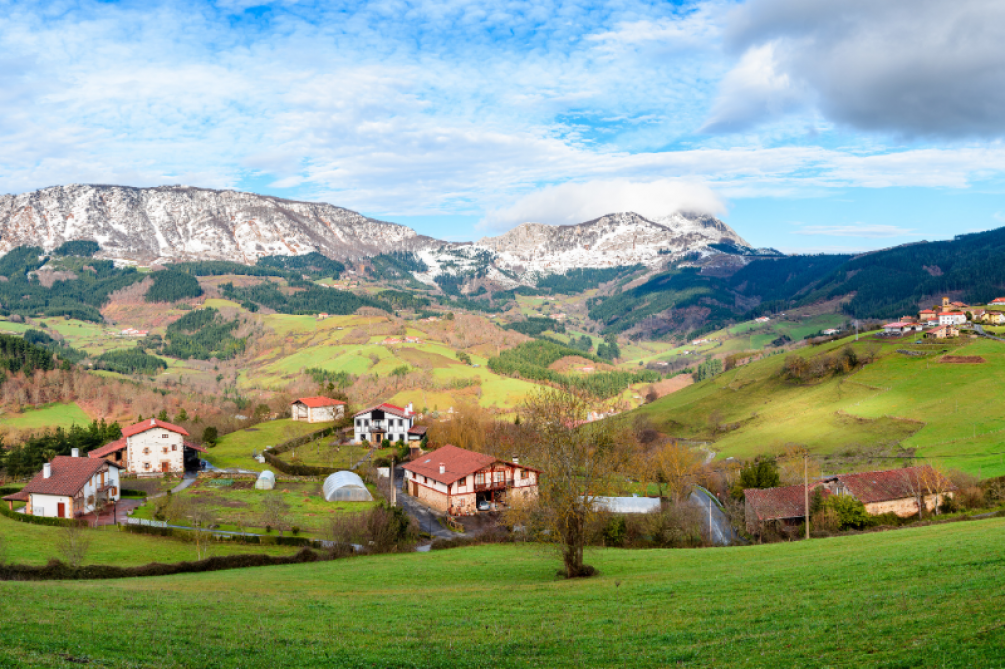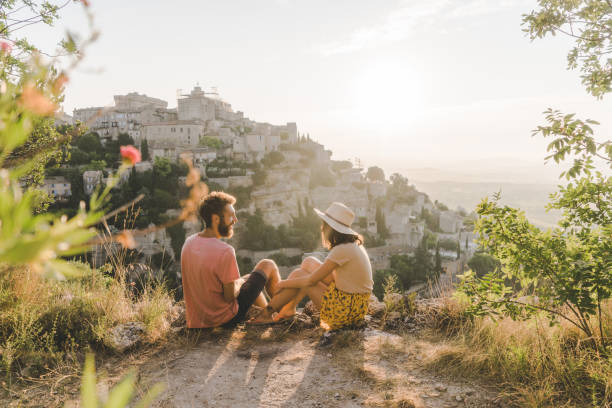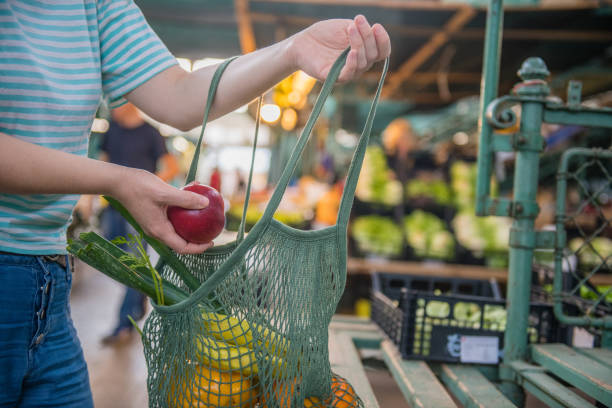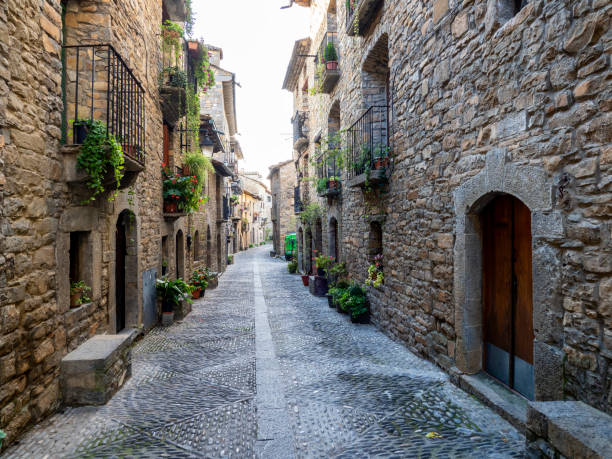EscapadaRural and Biosphere share current trends in rural tourism and their positive impact on the development of local communities.

EscapadaRural - the most important digital platform specialized in rural tourism in Spain with more than 18,000 rural accommodations and 2,000 in Portugal - and Biosphere, share the trends that confirm the practice of rural tourism as an engine for local development at environmental, economic and social levels.
According to data from the Observatory of Rural Tourism (OTR), the largest research project on rural tourism in Spain led by EscapadaRural, CETT-UB and Netquest, 42.5% of Spaniards over 18 years old made rural tourism in 2022; more than half (54%) made 3 or more getaways throughout the year with an average duration of 3 nights; and 82% plan to repeat this 2023.
In terms of the investment made by the traveler in the destination, the average expenditure spent on rural accommodation is €29 (person/night).

In addition, rural travelers spend money in the destination they visit, thus contributing to the local economy. Specifically, rural travelers report spending an average of 52 euros per person and day during their getaway. This investment goes mainly to restaurants (56%), but also to the purchase of local products (26%) and leisure activities (17%).
These data confirm that rural tourism is being practiced more and more frequently and that it can also be an engine for the economic and social development of the destination visited without forgetting the care of the environment.
64% of rural tourism travelers value the fact that the rural lodging where they stay provides information about services, products and businesses in the area. This makes rural lodgings great prescribers of the destination visited, given that practically all rural travelers say that they spend money in restaurants and businesses near the lodging.

52% of rural travelers say that they value positively that the restaurants they visit during their getaway use products from their own organic garden; and 39% take into account that most of the products are Km0.
1 out of every 2 people who practice rural tourism values very positively to be attended in the stores of the territory by local personnel resident in the area.

64% of rural accommodation owners in Spain consider that the tourism activity they currently offer is sustainable. And 22% say they will take measures to make it so.
The practices they carry out are directly related to the fulfillment of the Sustainable Development Goals (SDGs) are:
Content in collaboration with:
